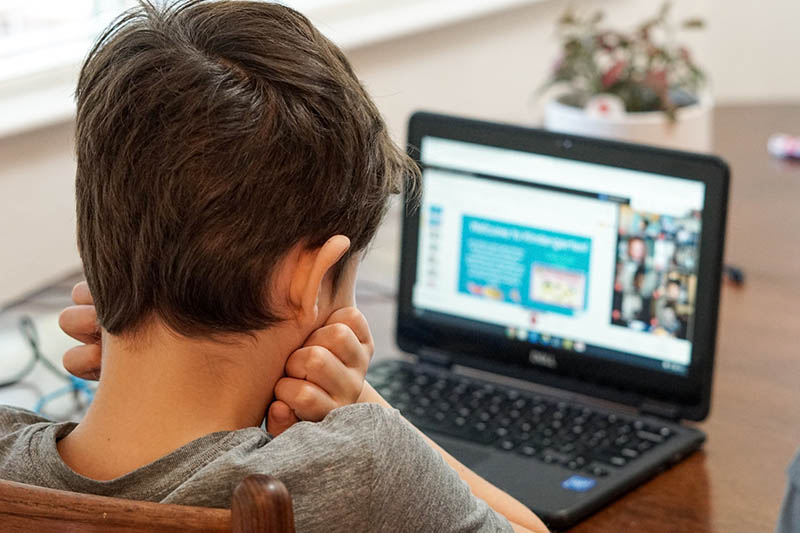
As classes open this month, Kaspersky reminds Filipino parents to be cautious about the online dangers their school-age, internet-using children could face.
In a post on Kaspersky’s blog, Lance Spitzner of SANS Institute summarized the three major threats to kids growing up in today’s connected world:
- Strangers: sexual predators, sextortion, fraud;
- Friends: cyberbullying, pranks, sextortion, poor examples; and
- Self: oversharing, sexting, bullying, downloading/sharing illegal content
According to the 2022 Disrupting Harm study conducted by the UNICEF, ECPAT International, and the Interpol, there are 20%—or an estimated two million—Filipino children aged 12-17 who were subjected to online sexual abuse and exploitation. Meanwhile, most recent national data show that half of Filipino children aged 13-17 are affected by cyberviolence.
A Kaspersky report also revealed that Generation Z or those between the ages of 11 and 26 are oversharers, believing they are knowledgeable on online security but are the most susceptible to scams.
“It used to be that when it’s school time, parents worried the most about their children’s report cards. Not anymore. Filipino parents, just like their counterparts elsewhere in the world, are now raising hyper-connected children and their other current, big concern today include their child being targeted by cybercriminals. No one can blame them as these days, children are at risk of being lured by strangers, bullied online, and even their personal information getting stolen in schools,” said Yeo Siang Tiong, General Manager for Southeast Asia at Kaspersky.
“From a security perspective, it doesn’t matter whether you’re 6 or 56 years old. We are now living in a world where all of us are now digital citizens and our digital footprint is expanding by the day. If at this point, adults still keep on falling for cybercriminals’ traps, it’s impossible to expect children to know what to avoid in the cyberworld so protecting them should be our top priority as parents,” added Yeo.

Below are tips from Kaspersky to assist parents in managing back-to-school concerns:
- Have a regular talk with your children. Renowned psychologist Emma Kenny recommends to spend ten minutes every day before bed discussing your kid’s day including their online activity. Ask them to share with you about a positive and a negative that they encountered online.
- Educate yourself and your children. You will feel confident talking to your kids about the cyberworld only when you understand it. Take the time to read up on emerging trends, games, and channels to understand how they may affect your child’s online activity. Talk to them about technology and its potential dangers.
- Build an atmosphere of openness and comfort. An ideal situation is that you’re aware if anything makes them feel uncomfortable, threatened, or unhappy. Deal with cyberbullying as you would with real-life bullying: encourage them to be open and talk to a trusted adult (preferably you) if ever they receive any threatening or inappropriate messages.
- Set boundaries. Establish clear, age-appropriate ground rules about what is acceptable and what is not for them to do online. Explain why these rules are being put in place and make them aware of the consequences of going somewhere they shouldn’t or using tech when they shouldn’t be. An example is sharing a photo online that stays on the internet forever and may have an impact when they’re older and working in an important career.
- Use the resources available to you. Utilize reliable parental control software to establish the framework for what’s acceptable—how much time online, content restrictions, and types of activity that should be blocked (e.g., chat rooms, forums). For smartphones, apply parental controls to filter out inappropriate content. Consider Kaspersky Premium’s Safe Kids for added device protection. It acts as a secondary defense against unwelcome content and loss prevention. Also, use settings from your ISP, device maker, and phone network.
- Ask for help. There is no manual for parenting. You learn as you go and you will inevitably make mistakes along the way. Not everyone has the same parenting style and that is okay. Choose what is right for you and your family. If a situation appears going out of control, local law enforcement can help.
















.jpg)







